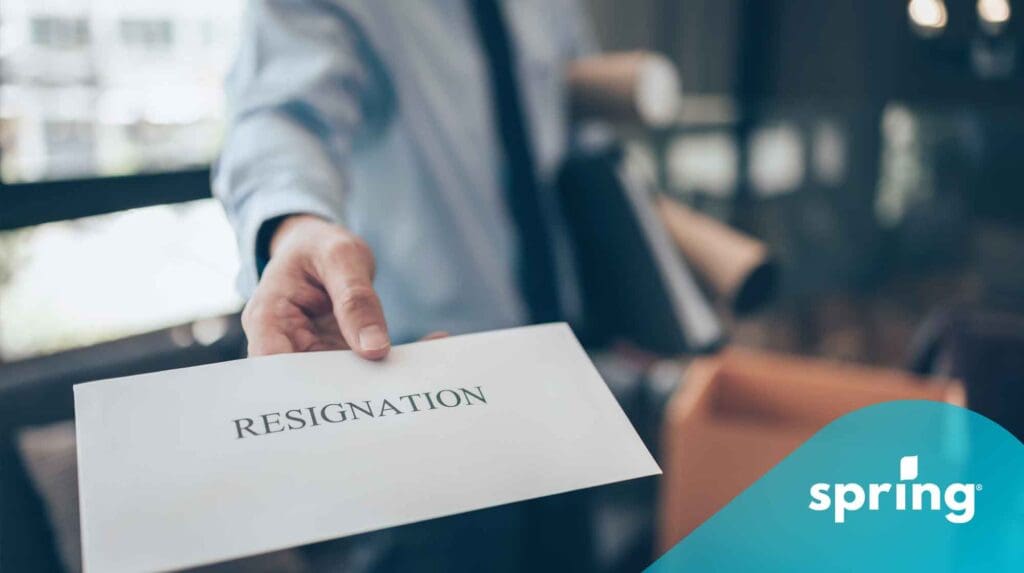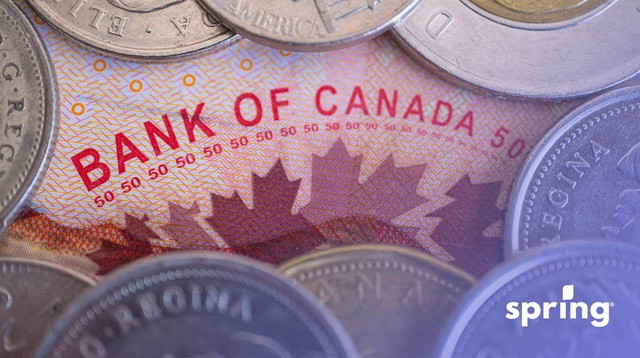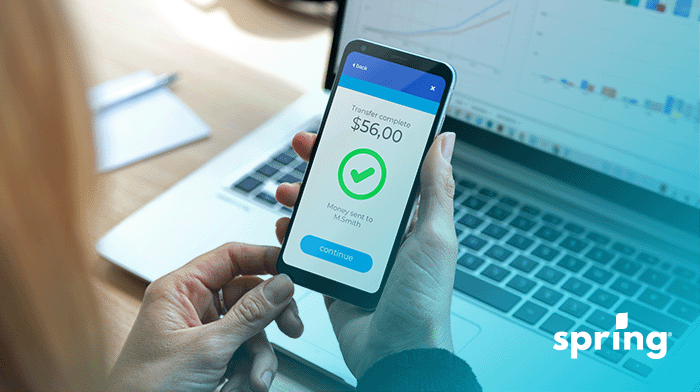When you purchase a home with a mortgage you also have to renew at the end of each mortgage term which can really impact your finances if you end up refinancing your home at a much higher rate. If you end up no longer being able to make your payments for any reason, your home could end up going into foreclosure.
What does foreclosure mean exactly? Well, once you have missed so many payments the bank tries to recoup some of their money. Since in a mortgage your house is considered collateral on the loan, you will no longer have possession of the home and it will be sold.
How Foreclosures Work
When your home begins to go into foreclosure, you cannot be evicted right away by the lender. There is a process that has to be followed before you receive your eviction notice. There are actually two different methods that the lender may use in a foreclosure situation.
Judicial Foreclosure
The judicial foreclosure process is the longer process of the two. The lender has to go to judicial court in order to be granted ownership of the property or the ability to sell. When this happens, you no longer have any ownership over the property and the lender is able to sell the property to recoup their profits.
Once the property has been sold, if the lender makes more than what is owed on the property they are able to keep it and the borrower loses out on that money. If there is still an amount owing after it has been sold, they can then sue you for the remaining amount.
Power of Sale
The power of sale process is the fastest of the two procedures. With this method, the lender is able to seize the property without involving the courts. They can do this once the property loan has been delinquent for 15 days. Keep in mind that they can start the process once one loan payment defaults.
The lender will notify you and give you the option to pay back the money. Once you default on two payments and from there you have 35 days to pay what you owe. If you can do that then the foreclosure period ends. If the balance owing is not paid within the 35 days then the sale will continue.
Once the property has been sold the money will be used to pay off any outstanding balances including interest, legal fees fees and any other outstanding amounts that are owed. With this particular process, if the lender gets more for the foreclosure home than what you owe then you will receive the difference. If they do not receive enough to cover what you owe, then they can sue you for the remaining amount.

How Common are Foreclosures?
In Canada, foreclosures aren’t very common. It is a last resort for lenders. They will often try to find other ways to solve the issue before resorting to the foreclosure process. That doesn’t mean they never happen though. If there is no other way to resolve the issue then they will foreclose on the home.
Buying a Foreclosed Home
When it comes to foreclosures, lenders are looking to get their money back as fast as they can. For this reason, foreclosures are often listed below market value. Foreclosures are often a little bit more complicated of a sale so this helps to make them more attractive to buyers.
The exact process of buying foreclosed homes depends on which province you are purchasing in. Essentially though, you need to make the same steps that would be involved in a regular purchase there are just a few more legalities involved.
Foreclosures in BC
In BC, the most commonly used method is judicial foreclosure. This means that once the Supreme Court has deemed the lender able to sell the property, they can then obtain a real estate agent to list the property.
Once an offer has been made on a property, the deal proceeds like any other real estate transaction until there are no more subjects on the foreclosed property. Once the deal has reached this stage, the lender and the buyer both need to go through the court’s approval process to finalize the deal.
This is where the process can get complicated. In traditional property sale, once you reach this stage in negotiations no one else would be able to purchase the property, With foreclosed properties, potential buyers are still able to bid.
In court, the listing agent can still collect any competing offers on the property. In some cases, the judge may still even offer the owner one last chance to pay up the mortgage and keep their home. If they can’t, then the judge will go over all of the offers on the home if there were more than one. The offer that is for the most amount of money with no subjects will, in most situations, win the foreclosure property.
In B.C, the Supreme Court tries to protect homeowners as much as they can so foreclosed homes normally sell for no less than 20% below “fair market value”. That being said, this can still be a large savings and isn’t meant to dissuade you from purchasing foreclosure properties.
Foreclosures in Alberta
In Alberta, there are two ways to purchase foreclosed houses/properties. The first is by going through the whole judicial foreclosure process. With this process, the title is never transferred to the bank, it will go directly to the new owner if your bid is approved. If there is no judicial sale, then the title will be directly given to the bank.
If the home doesn’t sell and the title is given to the bank, then the court’s approval is no longer needed to purchase the home. This negates the risk of having to be outbid by other buyers after your offer has been accepted.
One thing you should keep in mind about Alberta foreclosures is that they often happen very quickly. Once the first payment has been missed, the lender will then contact the owner to make the payment. If that payment wasn’t made and then they miss another payment, they will then send a letter of demand to the owner.
If that goes unanswered and the fees are not paid, then the foreclosure process begins. Keep in mind though that foreclosure can result from more than just missed mortgage payments. It can also result from unpaid property taxes, unpaid rental or condo fees and in some cases even damage to the property.
Foreclosures in Nova Scotia
In Nova Scotia, the foreclosure process itself normally follows a judicial foreclosure. The borrower was warned of impending foreclosure but failed to make their payments. They will then be formally served and given 15 days to take action. If they fail to then the legal preceding will begin and the lender will apply for an order of foreclosure. Once the order of foreclosure is granted, the lender can then sell the property.
Buying a foreclosed in Nova Scotia, is done differently than traditional real estate transactions. This is done through public foreclosure auctions. Once the property has been scheduled for auction it is listed twice in the newspaper and written notice is given to the owner. Because of this the home should be empty by the auction date. The sale of the home will go to the higher bidder in the auction.
Once the home is sold and the lender receives the money, they will determine if it is enough to cover the costs from the previous owner as well as the legal fees. If it is, the extra amount is given to the courts for the original owner or any other debtors to claim. If it isn’t, the previous owner can be sued for that remaining amount.
Foreclosures in Ontario
In Ontario, the method most lenders like to use when a borrower defaults on their homebuyer’s mortgage contract is power of sale. This is a shorter process and has much less legal implications involved. Buying a power of sale property is just like buying a traditional property.
The only thing is you purchase the property as is, there are no improvements done and you are limited on your subjects. You should also keep in mind that power of sale transactions are to be made at fair market value. This is because the homeowner is entitled to any profits outside of the amounts owing. This process avoids a court order so it isn’t as cheap as a home that goes through judicial foreclosure.
With a foreclosure purchase in Ontario, you also still need to pay land transfer taxes. The only way not to pay those, or get a refund, is by being a first time home buyer.

Pros and Cons of Buying a Foreclosure
When you are purchasing a foreclosed home, you need to consider the positives and the negatives. There are a lot of unknowns with foreclosed homes so you need to be prepared for that.
Pros
Foreclosures are often ideal for someone looking for a fixer upper. Often the previous owner didn’t have the money for upkeep so you get the home for a lower price but you can also make it your own. Oftentimes there is a higher return on your investments as well. This is because once you have completed all of the renovations, the property will be worth more.
Another positive factor in foreclosure sales is that lenders tend to be more lenient when you are purchasing a foreclosure. They sometimes even offer better mortgage options. Depending on the type of sale, you can even have more bargaining power since the lender is looking to make their money as fast as possible.
Cons
With foreclosed properties, if you have spotted the deal, it is likely that other people have too. There often isn’t a lot of time to complete a deal and even then, a bidding war can still happen. This means you have to be ready to purchase by the time you start even looking for a foreclosure to purchase.
Because the process moves so quickly, you may not be able to have the property inspected. That said, even if you do, the house comes as is. This means you could incur renovation fees way higher than you originally anticipated. It’s really hard to know the extent of the issues that the property has.
Should you Buy a Foreclosure?
While there are many positives and negatives when it comes to buying a foreclosed property, only you know whether it is the right move for you or not. The key to it is to be prepared: know the process and have your approval together. It is also recommended that you work with a real estate agent. They are able to help you find information on the property and work out a good deal.
If you do decide to purchase a foreclosure, you do need to be prepared to do some renovations. Depending on the process that the lender is using, you may not be able to even look at the property before you purchase the home. However, if you are okay with whatever pops up and have the budget to do so then you may be able to find yourself a great investment or family home this way.
Purchasing a Home with Spring Financial
Are you looking for a mortgage to help finance a foreclosure, or really just to purchase a home? At Spring, we can help! Not only do we have access to some of the best rates, but we also have access to over 40 different lenders and banks. Contact us to speak with one of our licensed agents to get started today.








